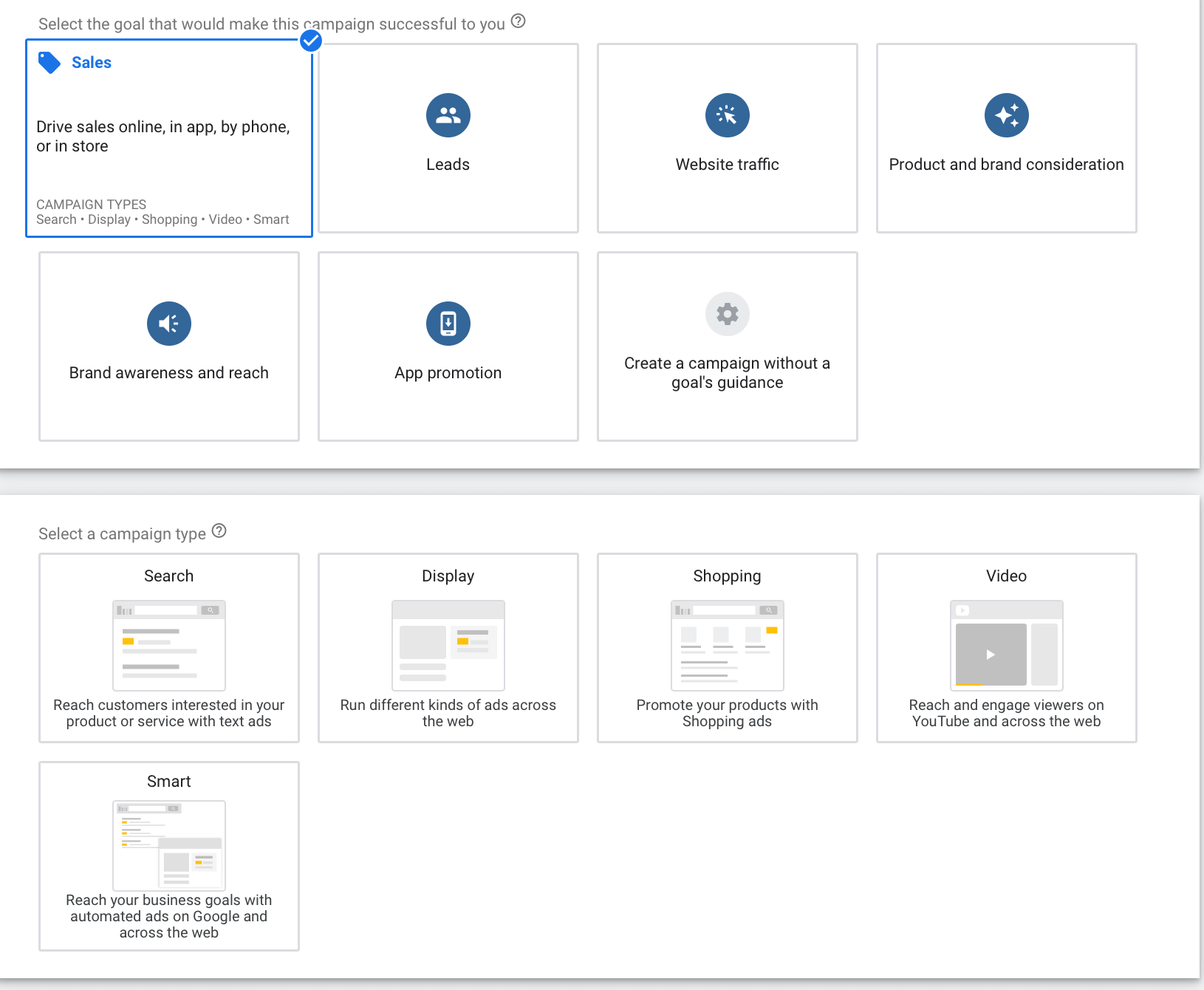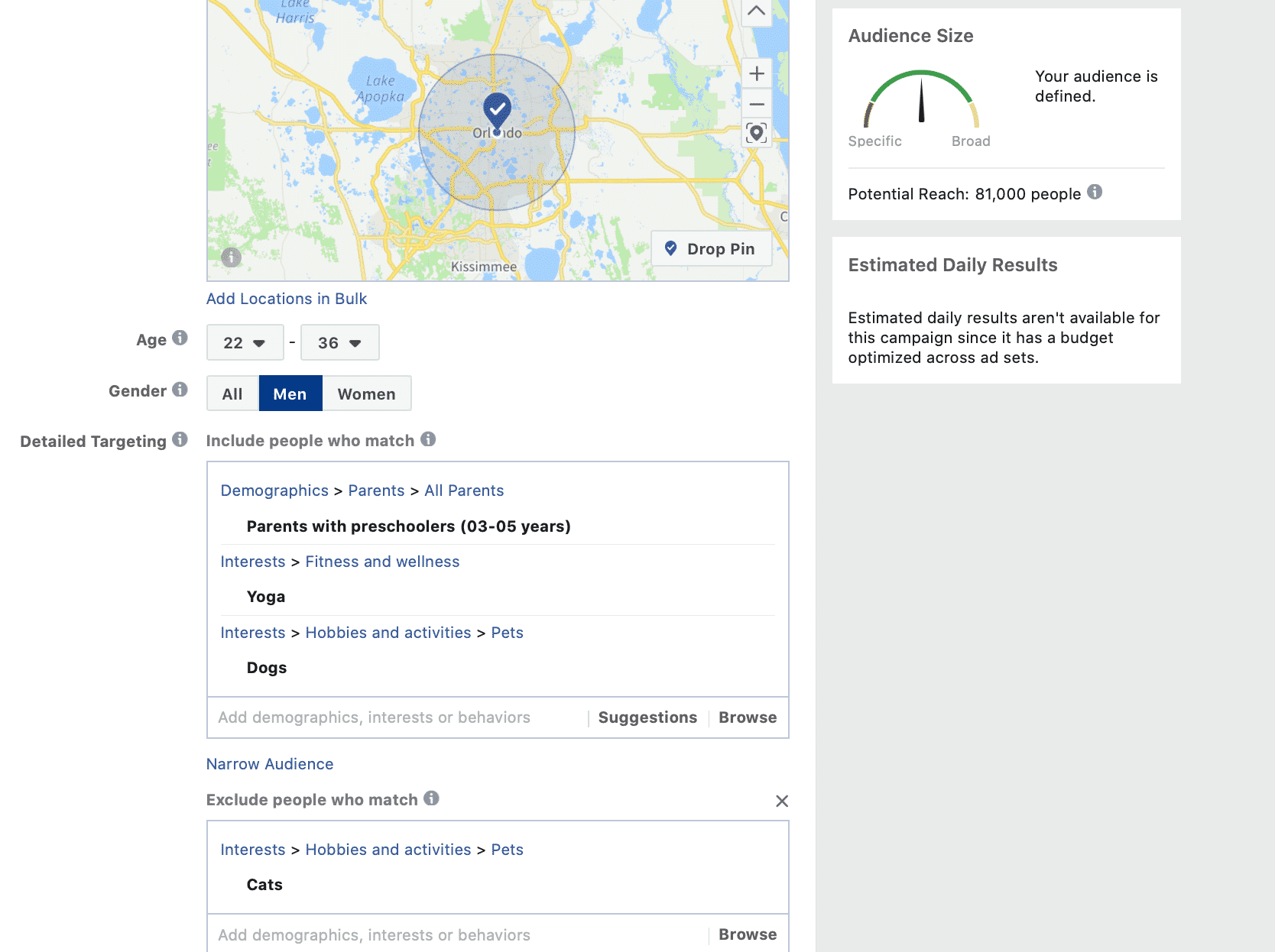Why is PPC Management So Hard?
by Ana Gotter • January 21, 2020
Pay-per-click (PPC) campaigns are a potential goldmine. The idea is simple: You bid on certain placements (whether those placements are certain audiences or for certain keywords), and if you “win,” you’ll have your ad shown to relevant users. If they like the ad they click, and they’ll hopefully purchase.
The idea is simple. The execution, however, can be more challenging.
There are plenty of businesses that come to us frustrated out of their minds, upset that they’ve invested a great deal of funds without seeing results. This is often even the case with brands that have dedicated and experienced marketing departments, and it’s all because PPC management is downright difficult.
If you’re struggling with your PPC campaigns, you’re not alone.
So why is PPC management so hard? In this post, we’re going to break down why managing your PPC campaigns is so challenging, because unfortunately there isn’t just one answer.
Because There’s a Steep Learning Curve
There are multiple platforms you can choose from. Google Ads. Facebook and Instagram Ads. Twitter Ads. Bing Ads. Promoted Pins. LinkedIn Ads. Quora Ads.
Options great, but each individual platform has its own ad platform, placement options, targeting options, and general best practices.
https://giphy.com/gifs/youvebeenframedtv-education-itv-5eFus9oiWxka9fpFm2
There’s also a steep learning curve for each one. You need to know which automated rules, for example, can benefit you and which will hurt you. Trying to test out different bidding strategies to figure out which one will get you the most results at the lowest cost is also exhausting in and of itself, and sometimes even just looking at the Create an Ad dashboard is enough to make you feel overwhelmed.
There are steep learning curves involved for every single platform, and this takes a massive amount of time, research, ad spend, and dedicated testing. Some brands just don’t have that time of money, especially when you consider that it gets even more fun when you’re trying to create campaigns for Facebook and Google and LinkedIn.
Because There Are So Many Options
When you’re setting up a Google Ad campaign, there are a million decisions to make at every turn. There are so many decisions to make, and each one may have the potential to sabotage an otherwise strong campaign. Talk about pressure.
On Google Ads alone, you’re asked to make choices about what types of ads you want to run, what you want to optimize for, what actions you’ll use to track it, your bid, your bidding strategy, your audience targeting, the keywords you want, the negative keywords you don’t want, and so, so much more.

It’s easy to get distracted and sidetracked with some of these options. On Facebook, for example, you may end up creating an audience that’s too small to give you strong enough reach because you’re creating hyper-targeted audiences of single dads of young children who love yoga and dogs but hate cats.
Sure, you can write a really targeted message there, but it will only appeal to so many people, and it likely won’t perform as well as you’d hoped as a result.

Especially when you’re new to a platform, having so many options isn’t always a good thing, especially when choosing the wrong one can hurt your campaigns.
Because Not All Platforms Work for Every Business
LinkedIn Ads are great for B2B businesses…but not always so much for most B2C brands. If I saw an ad for a “Bride-to-Be” subscription box on LinkedIn, I’d laugh and click away. It’s just too out of place.
Some businesses just aren’t a great fit for every platform, and sometimes it can be difficult to assess what works for you. Some service-based brands seem to really struggle on Pinterest on Instagram, though some do excel.
And in some cases, you need to connect with high-intent audiences who are seeking you out instead of trying to create demand where there just isn’t any. A personal injury attorney will likely be much more successful on Google Ads, where they can harvest the demand of high-intent leads actively searching for their services. On Facebook, meanwhile, they may show their ad to a bunch of people who have zero need for a personal injury attorney, wasting their time and money.
Because Not All Strategies Work…and That’s Okay
Sometimes, campaigns that theoretically should work just don’t. That’s frustrating, but unfortunately, it’s the norm.
We ran a campaign for a client once to market their vegan ice cream, and it was marketed specifically to vegetarians and vegans within 25 miles of their restaurant. The audience was large enough, we were using high-performing carousel ads that had done well with other campaigns, and the copy had performed well organically.
Everything was in order…but for some reason, the campaign just didn’t hit home. The average CPC on our campaigns were under a dollar, but on this campaign they jumped to more than $12.50. There was no clear reason why—we got clicks, and conversions, and engagement. But it just didn’t work.
https://giphy.com/gifs/mad-men-flirt-seduce-jd4YLfyVaHqik
When you aren’t regularly working closely with PPC campaigns, it’s difficult to know what’s normal and what isn’t, making it even more difficult to assess whether or not certain strategies are working or flopping. There’s no baseline to go with.
Whether you’re experienced or not when it comes to PPC campaigns, this is one factor that never gets easier or less frustrating, and it’s easily one of the reasons why PPC management is so difficult. Even well-developed and carefully-researched strategies may not work for your brand, and there may not always be an obvious reason why.
Because The Market Fluctuates
We aren’t running campaigns in an isolated bubble, which means that any number of factors can impact already-working strategies and campaigns.
New competition may swoop in and start bidding higher on your best keywords, consumer interest may shift so that they’re favoring different keywords, and even changes in technology like ad blockers or the emergence of voice search will shake things up.
Consumer behavior, your competition and their campaigns, and everything between the two will fluctuate. As a result, that your ad campaigns will, too. This is why it’s so essential to watch your campaigns diligently and frequently, as even a high-performing ad can suddenly take a downturn within a few days. You need to stay on top of your campaigns constantly, or you’ll risk having the rug getting pulled out from under you.
Because the Platforms Fluctuate
As if the market changing wasn’t bad enough, the platforms themselves are constantly changing, too. Algorithms shift, new features roll out, ad formatting gets tweaked, and even advertising guidelines (including what’s allowed) change. Best practices are evolving constantly because the platforms are, too.
Managing your PPC campaigns means staying up to date with all of these changes, because if you miss something big, your campaigns will likely suffer as a result. This can be draining, especially when you’re trying to keep up with multiple constantly-evolving platforms, tracking small intricacies and major changes alike.
Because It IS Time Consuming
PPC management is both time-consuming and expensive. There’s no way to get around it, and if you’re wondering “why is PPC management so hard?”…it almost always comes down to this.
It’s time-consuming to learn the ins and outs of the platforms, and it’s time-consuming to stay up to date with any and all changes that could impact your campaigns. This includes the fact that sometimes campaigns just don’t work without any clear explanation as to why.
https://giphy.com/gifs/Bounce-TV-come-on-hurry-up-time-is-money-tIkn1XiX95mZPDZ4Gr
It’s time-consuming to create multiple versions of every campaign for split testing, and to create multiple campaigns based on audience niches, stages of the buyer persona, different strategies, and different objectives. You might need fifteen different ads (or more) to promote a single event, for example, which is how some brands end up with hundreds or even thousands of ads running at once. And you may need this for multiple different platforms.
As if it wasn’t time-consuming enough to create those campaigns, you also need to manage them. You need to check in on them at least once a week and assess their performance. Are they effective? Are they driving results at an affordable price? Do you think they’re approaching the end of their profitable lifespan?
There’s so much time and money that goes into PPC management that it really is a full-time job on its own. And unfortunately, if you’re not all in, the results can end up lackluster.
Conclusion
So why is PPC management so hard? A fair number of reasons all coalesce to make sure that PPC management can be a migraine-inducing task if you’re trying to do anything else in addition to keeping up with your campaigns.
If you don’t have someone managing your PPC campaigns full time on your team, there’s a good chance that you’d benefit from working with an agency who can take over.
Agencies like ours specialize in PPC campaigns, so it’s our job to stay up to date on all the latest changes, best practices, and optimization strategies so you don’t have to. We’ll watch your campaigns like our livelihood depends on it (because it does) and help you run effective, profitable campaigns.
Want to learn more about how we can help? Get in touch with us here.
What do you think? Do you find PPC management challenging? What makes it difficult for your team? Share your thoughts and experience in the comments below!




